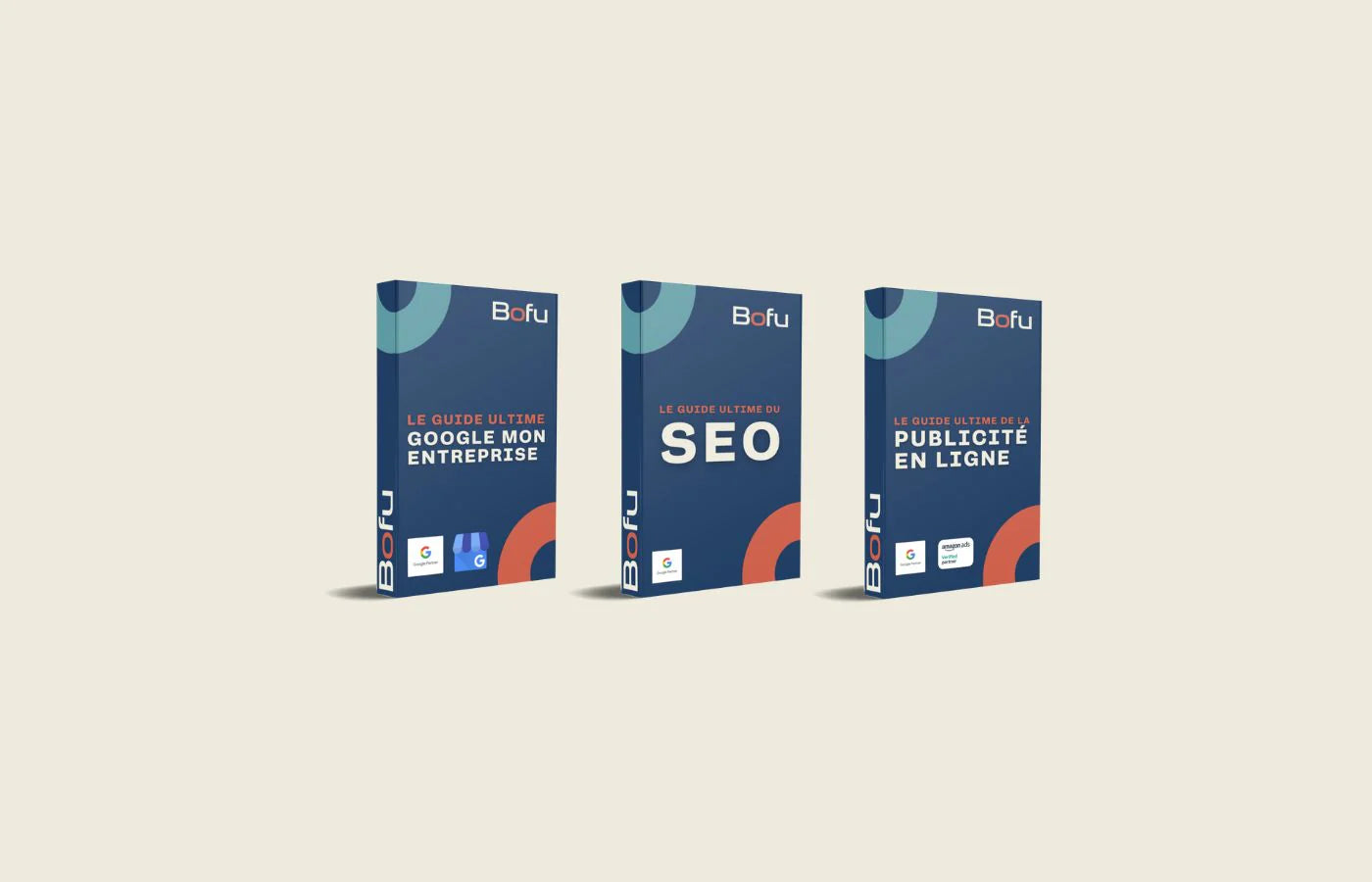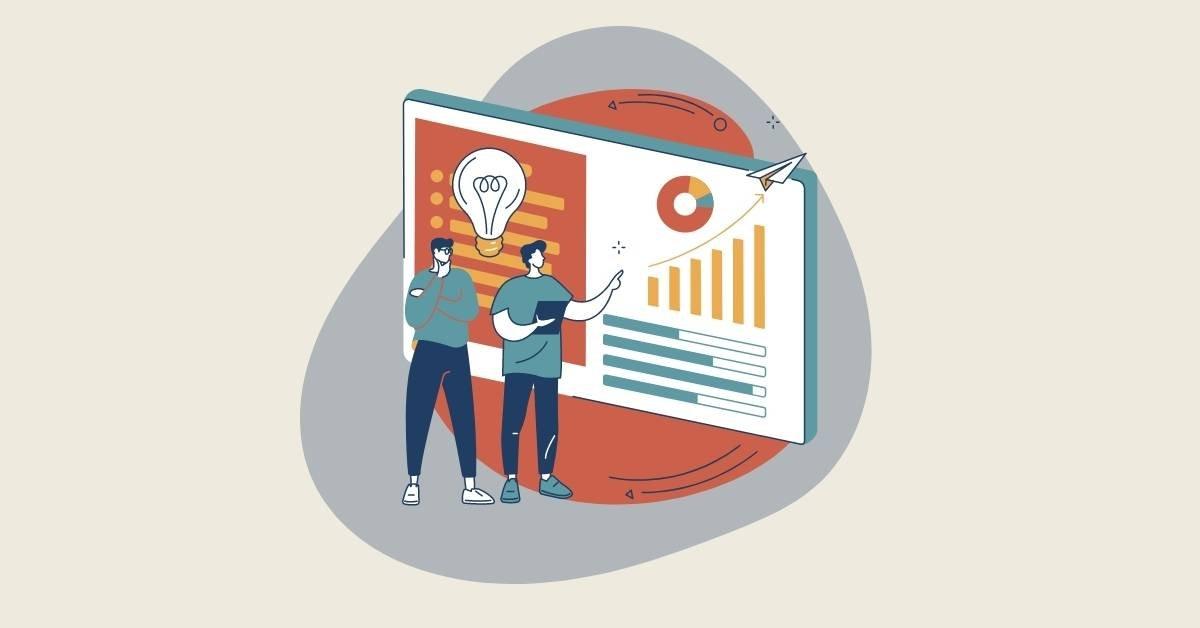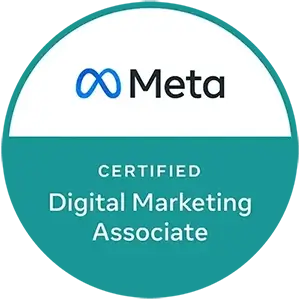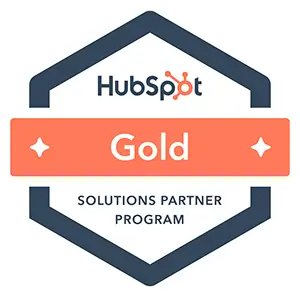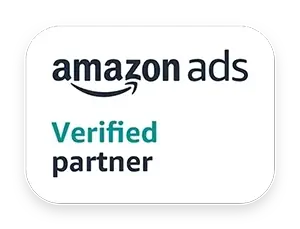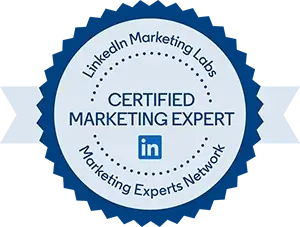SEO, or SEO (Search Engine Optimization), is a set of techniques that aim to improve the visibility of a website on search engines.
It is crucial for any business that wants to increase its online visibility and reach a wider audience. Here are some tips for optimizing your website's SEO. Use relevant keywords: Keywords are terms that users type into search engines to find information on a topic. It is important to use relevant keywords in your titles, meta tags, content and image alt tags.
Use keyword research tools to help you find the most relevant terms for your site.
-
Create quality content: Search engines place great importance on the content of a website . Make sure your content is quality, unique and regularly updated. Use images, videos, and infographics to make your content more engaging and easier to understand. Use the right keywords and long phrases. A strategy linked to the company's unique value proposition is where we often win on small volumes for high customer values .
-
Optimization of header tags (H1, H2, H3, etc.): Header tags are used to organize the content of your page into hierarchical sections. It's important to use header tags wisely and optimize them to include relevant keywords.
-
Optimize meta tags: Meta tags are HTML tags that provide information about a web page to search engines. Be sure to optimize meta tags to include relevant keywords and a concise description of the page.
-
Use social media: Social media is a great way to promote your website and generate traffic. Share quality content on your social networks and encourage users to share your content.
-
Link Strategy : External links are important to improve the visibility of your site. Link to quality sites and avoid low quality or spammy links. Internal links are just as important. They will “funnel” your traffic at the intention level and bring traffic to your other website pages according to the intention (example: a link in a blog article to a page of products or services in content from the bottom of the funnel).
-
Data Analysis: Data analysis is a key part of understanding how users interact with your website and how it performs on search engines. It's important to track key performance indicators and use them to improve your site's SEO .
-
Optimizing for local search : If your business has a physical presence or if you are targeting a local market, it is important to optimize your site for local search results. This includes updating your business information on Google My Business , creating local content, and optimizing meta tags to include location information.
-
Technical optimization : There are many technical aspects to consider when optimizing a website's SEO, such as page loading speed, URL structure, use of meta tags, mobile compatibility and the use of security protocols (https)
-
Image Optimization: It is important to optimize images to improve page loading speed and to make content more attractive. This includes using alt tags to describe images, compressing images to reduce their size, and creating thumbnails for large images.
-
Optimizing the information structure: The information structure of your website can affect how search engines index your pages. It's important to use headings, subheadings, and paragraph tags to organize content logically.
-
Optimizing for Mobile Devices: More and more people are using mobile devices to access the internet, so it is important to optimize your site for mobile devices. This includes creating a mobile version of your site, using mobile-readable fonts, and optimizing images for small screens.
-
Optimizing for voice search results: With the increase in the use of voice assistants for searching, it is important to optimize your site for voice search results. This includes using full, natural sentences in content, optimizing title and meta tags for voice search results.
-
Video Content Creation : Videos can be an effective way to grab users' attention and entice them to stay on your site longer. It's important to optimize videos for search results by using appropriate titles and descriptions, and hosting them on platforms like YouTube or Vimeo.
-
Use of microdata (structured data): Microdata allows search engines to better understand the content of your page. It's important to use microdata tags like Schema.org tags to improve your site's visibility in rich search results.
-
Optimizing titles and descriptions: Titles and descriptions are the first things users see in search results. It's important to optimize these elements to include relevant keywords and to encourage users to click on your link.
-
Navigation Optimization: Your site's navigation should be clear and easy to use. It's important to use internal links to help users navigate your site and to help search engines understand the structure of your site.
-
Using Redirects: Redirects are used to redirect users or search engines to another page. It is important to use redirects appropriately to avoid crawl errors and to maintain link authority.
-
Using Analytics Tools: It is important to use analytics tools to track your website's performance and to understand how users interact with your site. Tools like Google Analytics , Ahrefs, SEMrush, etc. can help you track key performance indicators and identify optimization opportunities.
In conclusion, SEO is an ongoing process that requires time and effort to achieve results. By following these tips, you can improve your website 's visibility on search engines and reach a wider audience.
It is important to ALWAYS continue to follow search engine algorithm trends and updates to ensure your site is always optimized for SEO .
At Bofu, we use the Google Search Console tool combined with SEM Rush , Microsoft Clarity, SerpStats and SerpWOO to optimize and measure SEO on your website.
This is a tool from the Google suite that allows web creators to carry out several actions in order to continuously improve your site, such as:
· Validate that your site can be detected and crawled by Google;
· Fix indexing issues on your site, or request indexing of new or updated content;
· Know daily Google search traffic data on your site such as how often it is displayed in search results, which search keywords have linked to your site and the number of times these searches led to consultation of the site;
· See the statistics of visits to your site by the Google indexing robot;
· Discover the sites that reference yours;
· Fix issues with content, mobile display and other search features;
· Analyze the pages of the site like a Google robot and see how it is seen and indexed by the latter.
In short, it is an essential tool that helps us monitor and maintain a good presence of your site in Google search results, and resolve any problems that may arise.
Trust our team and its expertise to optimize the organic referencing of your website on search engines. Contact us today!
Want to take your Google My Business profile to the next level? Discover THE ULTIMATE GOOGLE MY BUSINESS 2022 GUIDE . Your reference to learn everything from A to Z about this tool which is essential for your local SEO in your organic growth and social proof strategy!
Ready to dominate SEO in 2023 and attract more traffic to your website ? Don't miss our ultimate guide to SEO in 2023 , an essential e-book that reveals all the winning strategies for optimal online visibility!
Learn how to improve your search engine rankings , attract a targeted audience, and propel your organic growth.
Click here to download your free copy and become an SEO expert in 2023! Don't miss this opportunity to transform your online presence and generate more success for your business . Download our guide now !

GOOGLE PARTNER MARKETING AGENCY
 Structuring your business growth
Structuring your business growth by establishing a precise strategic plan, allowing it to accelerate its development
and generate a return on investment
fast and measured.
Learn more about our Google Partner Agency certification here.
